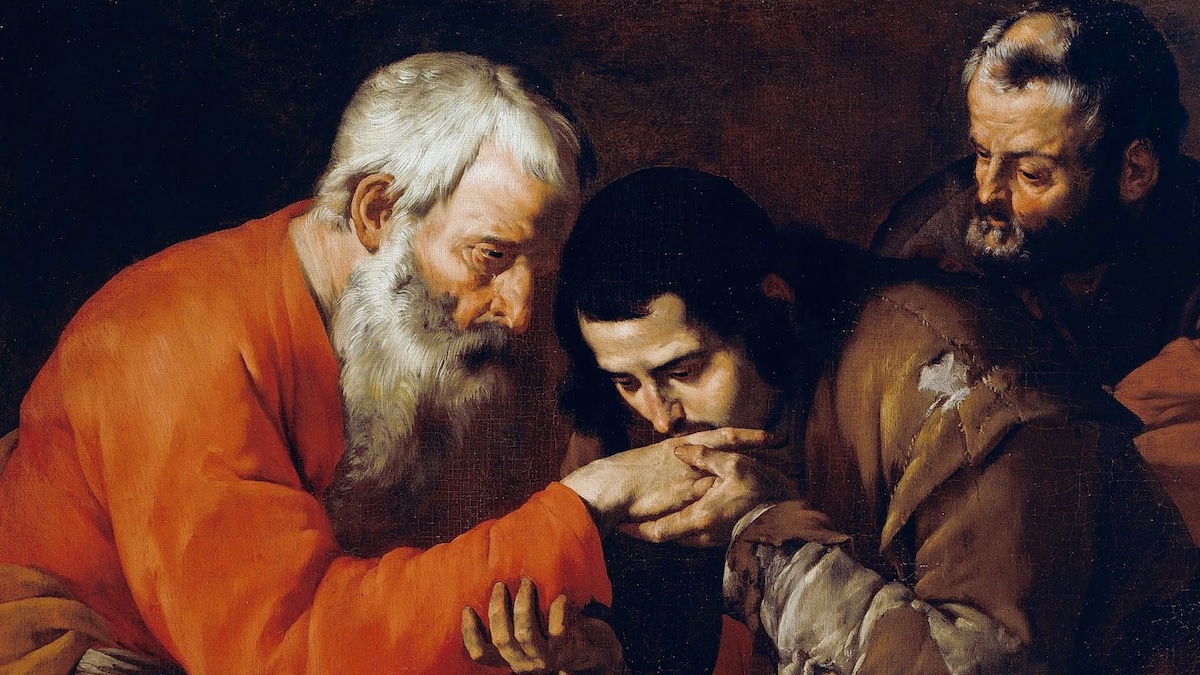Imagine there are seven houses on your street. Yours is the one on the corner, and it’s the most valuable one, having an appraisal of $250,000. Two of your neighbors’ homes are worth $200,000; two are worth $180,000, and the other two are worth $170,000. Imagine one of your children asks, “Mom, Dad, if you could sell our house for half-a-million dollars, would you do so?” You answer, “Yes, that’s twice what our house is worth, so of course I’d jump at the chance.” Then, miracle of miracles, your phone rings—and it’s a real estate developer who wants to buy your house—for half-a-million dollars. You’re delighted, and you agree, as this allows your family to buy an even nicer house and pay off all your debts. After you’ve sold it, however, you find out all your neighbors each sold their houses to the same developer for the exact same amount: half-a-million dollars. How would you feel? Many people would be upset or feel cheated that all the other homeowners received the same amount of money for their homes—but this reaction wouldn’t make any sense. Everyone on the street would have received far more than his or her house was worth; this would be a reason for everyone to rejoice (Mark Link, S.J., Illustrated Sunday Homilies, Year A, Series I, p. 103).
This illustration is a way of putting Our Lord’s parable from the Gospel of Matthew (20:1-16) in modern terms. If we all receive more than we deserve, none of us really has any basis for complaining that our share is less than or equal to someone else’s; that would be like being upset because at a banquet our neighbor received ten plates of food, while we received only five. Neither of us would come close to eating everything; what matters isn’t the relative amounts, but the fact that our needs were more than satisfied. This same idea applies to God’s grace. There is nothing we can do to earn His blessings; everything is His generous gift. God wants us to respond to His generosity with gratitude, and not by comparing ourselves to others.
In order to receive the fullness of God’s blessings, we must try to see things from His point of view—but this doesn’t come naturally to us. In the Book of Isaiah (55:6-9), the Lord says, “My thoughts are not your thoughts,” and Jesus illustrates this very vividly in the parable He tells in the Gospel about laborers who worked different amounts of time in the vineyard, yet all received a full day’s wage. None of us would even think about paying all the workers the same amount of money for radically different amounts of work. It’s financially foolish, it destroys all economic incentives for hard work, and—these days—it would result in an instant lawsuit. More basically, it goes against all human notions of fairness. We believe people have the right to what they earn. That’s just the point, however: in God’s eyes we haven’t earned anything. Everything is His gift—and the fact that some people seem more gifted or blessed than others shouldn’t blind us to the truth that God has been immensely generous to each of us. Everyone is offered the chance for salvation from sin and eternal life in God’s Kingdom, and none of us can ever be worthy of this gift.
Scripture scholars believe St. Matthew included in his Gospel this parable of the laborers in the vineyard because some members of the early Church who were originally Jews resented the fact that non-Jews, or Gentiles, were also coming to know and accept Jesus, and thus becoming equal members of the Church. Rather than causing resentment, however, this should have been a cause for rejoicing. A modern parallel might be how we, as lifelong Catholics, feel toward those who convert and join the Church later in life. Instead of thinking, “They have it easy—after only a few years of following the rules and living the Faith, they’ll make it to Heaven just like us,” we should be glad that God is again being generous. Our attitude must be like St. Paul’s (Phil 1:20-24, 27): a desire that Christ be glorified, no matter what happens. Paul faced the possibility of martyrdom—which he wanted, because he’d be in Heaven with Christ; however, there was also the chance he’d be spared, in which case he’d continue his ministry. Either way Christ would be exalted, so Paul felt he was in a “no-lose” situation. We too are in a “win-win” situation when we rejoice in God’s generosity—whether that generosity is to ourselves or to someone else.
In practical terms, this means we shouldn’t make comparisons or feel envious. It’s a waste of time to think, for instance, “John has more blessings than I do.” This may be true—but perhaps John received them because he endured a much more difficult life than we did. There’s no point in complaining, “Sally is much more talented than I am;” maybe this is because God has a much more challenging mission in life for her than He does for us, one in which she’ll need every last one of those talents to get by. It’s senseless to feel, “These people are lucky—they have things much easier than we do.” However, it’s possible God has something special planned for us that they won’t be a part of, and the extra difficulties we’ve gone through were a necessary preparation for His special blessing. Comparisons are useless, because we can’t possibly know and understand everything the Lord has in mind. Only in Heaven will we truly begin to see and comprehend—and, assuming we make it to Heaven, there we’ll rejoice in each other’s good fortune.
I once read a reflection on the nature of Mary’s immeasurable honor and glory as Queen of Heaven. No one comes close to her in purity and grace, but in spite of her incomparable holiness and beauty, she doesn’t look down on anyone; rather, she treats even the lowliest servant of God with great love and respect. All the angels and saints, in turn, are not in the least envious of her exceptional glory, but would, if it were possible, give their own glory to her, that she might be even more exalted. This blessed picture can be an example and inspiration for us here and now. We have to rejoice in one another’s good fortune, for this is a sign of true faith and an essential step in being made ready for eternal life. God is immeasurably generous to each one of us, and gives us far more than we could ever earn or deserve; we must respond not with comparisons and envy, but with gratitude and love.








